A look inside the Anti-Capitalist Muslims - VIDEO
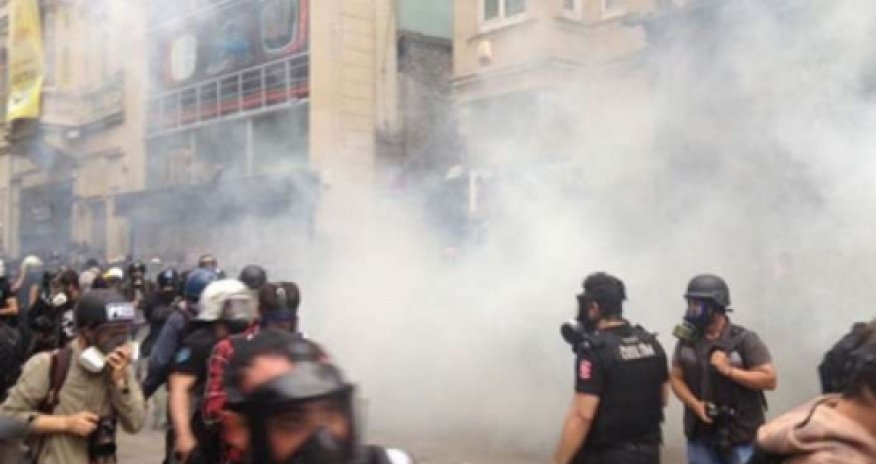
Because many of those participating were young students from secular families, the Anti-Capitalist Muslims added a whole different quality to the protests. They showed that even the pious were fed up with the ruling Islamist Justice and Development Park (AK Party). They garnered mainstream media coverage during the protests, but there is limited public information about what the organization represents, what they support and do not support, and their activities since Gezi. Sunday's Zaman sat down with members of the organization and discussed various topics, from the recent presidential election to the radical Islamists of the “Islamic State” (IS).The Anti-Capitalist Muslims formed their organization in 2012, and first presented themselves publicly on May 1, 2012 during International Workers' Day demonstrations. They also protested in December of that year against the $5.7 billion highway privatization deal that included the 2,000-kilometer-long Edirne-İstanbul-Ankara highway and İstanbul's two Bosporus bridges.The group meets on Tuesday, Wednesday and Friday nights at their meeting space in the Fatih district of İstanbul, with around 30 to 40 regular attendees. During their meetings they conduct discussions of the history of human civilization and Quran readings. At these meetings they also discuss where they will hold their next demonstration. When deciding on these matters, they have a rule that all must agree on a matter before they move forward. Because of the mandate for a unanimous vote, some topics stall for several meetings, with extensive discussion until every last person is convinced.Their name, Anti-Capitalist Muslims, is quite telling. It shows what they are -- Muslims -- and what they are not -- capitalists -- but many things still remain unclear. Sunday's Zaman asked: “If you're not capitalists, what does that make you? Socialists?”Representative Özgür Kazım Kıvanç replies: “No, we're Muslims. We follow Islam. In the Quran there are two striking verses. One is, ‘Everything is God's,' and the other is, ‘There is no other authority but God.'” This is to say, according to Kıvanç, God possesses all living creatures.Kıvanç went on to say, “We have reached a point where we have experienced 400 years of capitalism, which started in England, moved onto the rest of Europe, the West, and has now taken over Turkey. ... Muslims have been exploited and we need to object to this circumstance.”He then explained his interpretation of how Islam opposes capitalism. “Capitalism looks to produce excess. You are trying to own everything and while you are doing this, you are persecuting other living things. You are not producing what is necessary, instead you are hoarding. You are trying to own everything, and when you do that, this brings about the biggest offense in Islam, and that is ‘shirk' [practicing idolatry or polytheism]...”In this statement, Kıvanç is referring to several elements of Islam that clash with capitalism. For one, in the Quran 9:35 it reads, “On that day, it [hoarded wealth] will be heated in the fire of Hell and therewith their foreheads and their sides and their backs will be branded [and they will hear], ‘This is the treasure that you hoarded for yourselves; taste now what you were busy hoarding!'”Furthermore, shirk refers to the sin of idolizing anyone but God; hoarding, exploiting and trying to own in excess when (as Kıvanç stated earlier) in Islam, everything belongs to God, therefore takes away from the worship of God.When thinking about these fundamental elements that define the Anti-Capitalist Muslims, it is easy to see how they are incompatible with the ruling AK Party. The economic path for the party is paved with neoliberal development, powered by pro-market economic policies and mega-development projects such as bridges, canals and shopping centers. Often, these economic projects do not take into account the living creatures that are ruined in the process, which is what triggered the Gezi park protests of 2013.What began as a peaceful demonstration against plans to uproot trees in order to build a shopping mall on the site of Gezi Park, a green space in central İstanbul's Taksim Square, spiraled into nationwide protests against Prime Minister Recep Tayyip Erdoğan's government. When the Anti-Capitalist Muslims took part in the movement, a new level of validity, in a sense, was added, just as with the participation of Alevis and Kurds. Because many of the protestors were young, middle to upper middle class, secular and educated, they were often characterized as privileged “white Turks” who were out of touch with the pious population of the country. With the support of the Anti-Capitalist Muslims, the philosophy of secularists vs. Islamists was done away with, and the discussion could turn to the root of the problem: Prime Minister and now President-elect Erdoğan's growing authoritarianism.On the first day of Ramadan last year during the Gezi protests, the Anti-Capitalist Muslims invited all to a “yeryüzüiftarı,” meaning “earth iftar,” and to break their fast with them along İstiklal Street. They continued the practice this year in Soma, and gathered to help families there who suffered from the mining tragedy in May. They also made a recent visit to the site of the Uludere air strike incident. But these activities often go unnoticed, and when one looks up the Anti-Capitalist Muslims, you come across the name of theologian İhsan Eliaçık.The biggest misconception is that Eliaçık is the “leader” of the Anti-Capitalist Muslims. First, this goes against their fundamental belief of not having a leader. Furthermore, he has never met with the group, not even once.“Unfortunately, he is a man who has written many books, he is well known. He made appearances at Gezi and goes on television, and takes on our name but he has no relation to us,” says Mustafa Vatansever. In fact, on paper, Vatansever is the “leader” due to registration formalities, but he, as well as the five other members Sunday's Zaman met with claimed that this was something they had to have due to the “system.”So what is next for the Anti-Capitalists? They are currently preparing for protests against the IS. Anyone can attend their meetings in Fatih, symbolically (whether intentionally or not) in the building next to Selçuk Mosque and above Domino's Pizza.(todayszaman.com)Bakudaily.Az
























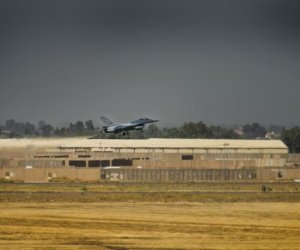
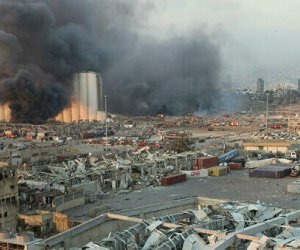
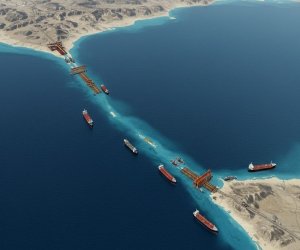
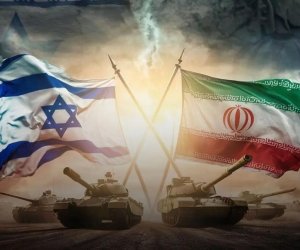
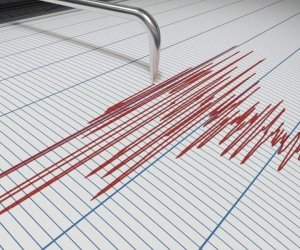
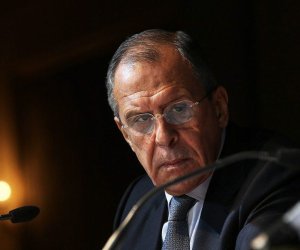
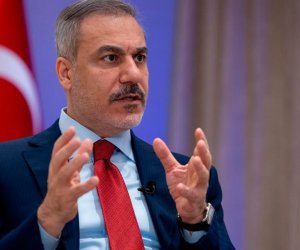
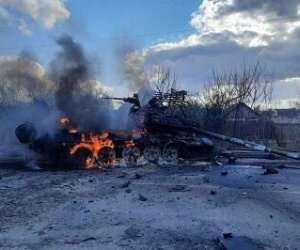
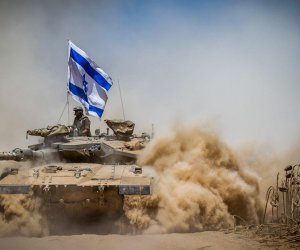



 Photo
Photo 



 Video
Video 

